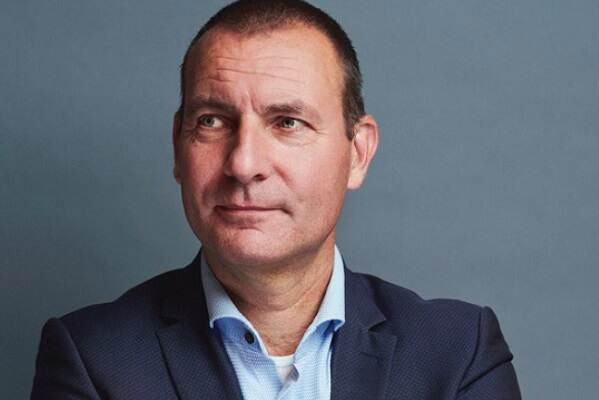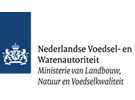On January 1st, 2022, there will be a change for certain exports from the European Union to the United Kingdom. Phytosanitary certification will be required for all plants and plant products. That includes cut flowers, fruit, and vegetables. Peter Verbaas, the Brexit coordinator at the Netherlands Food and Consumer Product Safety Authority (NVWA), welcomes this opportunity to get the sector active.
"It's remarkably quiet. That could mean companies are either well-prepared or not at all. This is a quick reminder for the latter group. Quite a few deadlines have already passed by now. These were sometimes postponed, as needed. But to think 'I'll just wait it out', is a truly dangerous gamble," he begins.

"The new January 1st, 2021 legislation went well, all things considered. It went 99% well. There are still occasional issues, but these are partly because of new European rules. For exports, it was complicated in the first weeks. That was in getting certain information from other member states. For the NVWA, the biggest challenge was to estimate the shipments' volumes. We knew what value the volume represented. But not how many shipments this involved. Fortunately, we managed to estimate this fairly accurately."
Bad apples
"But there's, regarding the looming deadline, too, still some uncertainty. In particular, changes on the British side could still cause surprises. For example, they've already indicated that they'll require a health certificate for each unloading address," Peter continues.
"That immediately creates a completely different situation to when a certificate per truck sufficed. Preparation is, therefore, key. Last January 1st, there were import companies that had gotten it spot-on. However, there were several 'bad apples' too. To make this deadline streamlined again, everyone in the chain must take responsibility."
"We have good agreements with the UK about electronic certification. We'd already prepared an interim solution with a QR code. We've now shelved this. But we're now in the electronic certification test phase. The plant products sector still has four months to realize this. If those businesses, however, have not taken action yet, now's the time," Peter says.
"After all, you have to change your working methods. And also instruct your employees and contacts. We'll happily take this business community on board. For the veterinary sector and tree nurseries, we played some 'serious games' before the summer. We invite other industry organizations, too, to indicate if they're interested in this."
Emergency measures
Last year, there were discussions regarding the NVWA's capacity. "We don't have a capacity shortage. I think we worked very hard preparing everything we could. I think we did a world-class job with that. We also owe that to our standing as a major agricultural trading party," Verbaas adds.
"We still have contingency measures available too. That's if more is demanded of our people than we can supply. To tackle problems, it helps if companies make contact early on. Then things can almost always be customized. But if everyone comes with questions in December, it may well be too late."
The Brexit coordinator does not think the NVWA's biggest challenge will come from the plant products' side. "That covers a wide variety of products. However, the veterinary sector, for instance, has a multitude of health certificates. Our phytosanitary colleagues are working closely with inspection services and industry organizations. They want to implement smarter solutions. You need to act if you want to get started with that. It would help if you did things like set up protocols. Get informed and get to work," Peter urges.
 For more information:
For more information:
Peter Verbaas
Nederlandse Voedsel- en Warenautoriteit
Website: www.nvwa.nl/ondernemers/brexit
Website: rvo.regelhulpenvoorbedrijven.nl/brexitimpactscan
